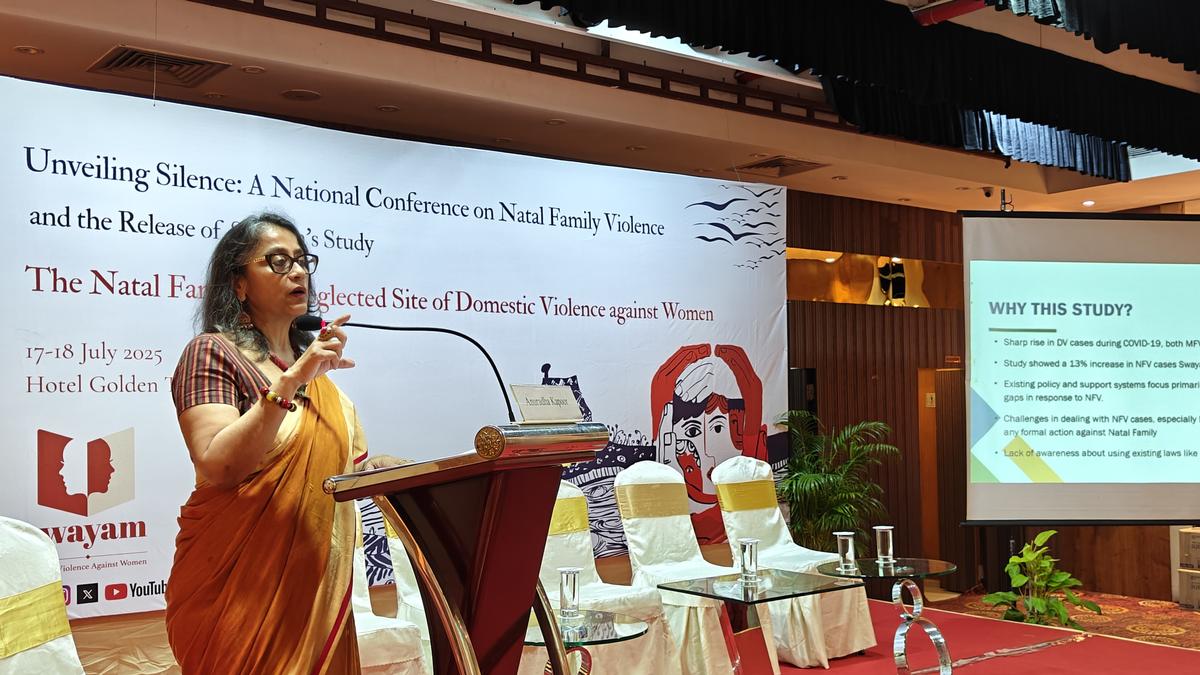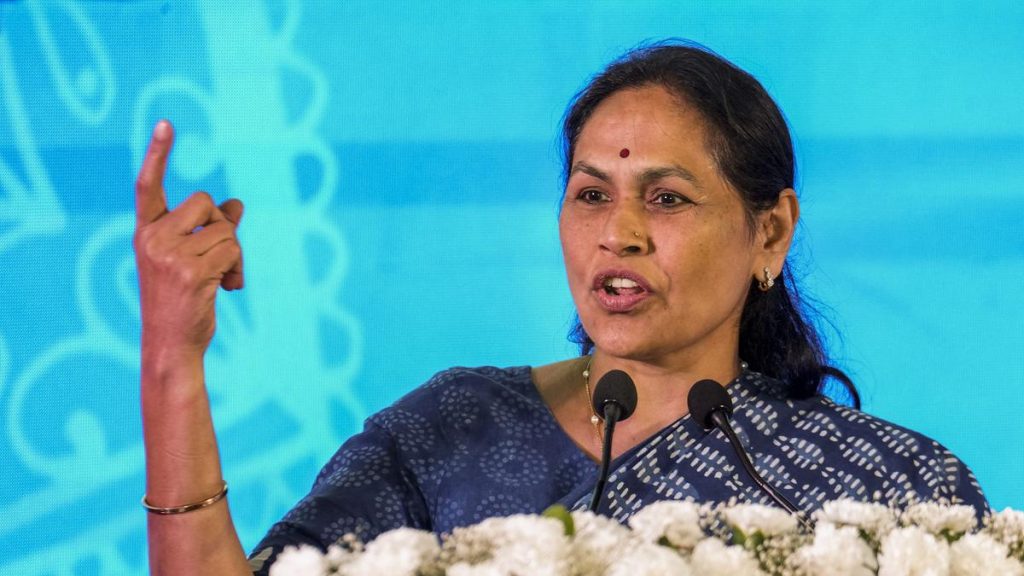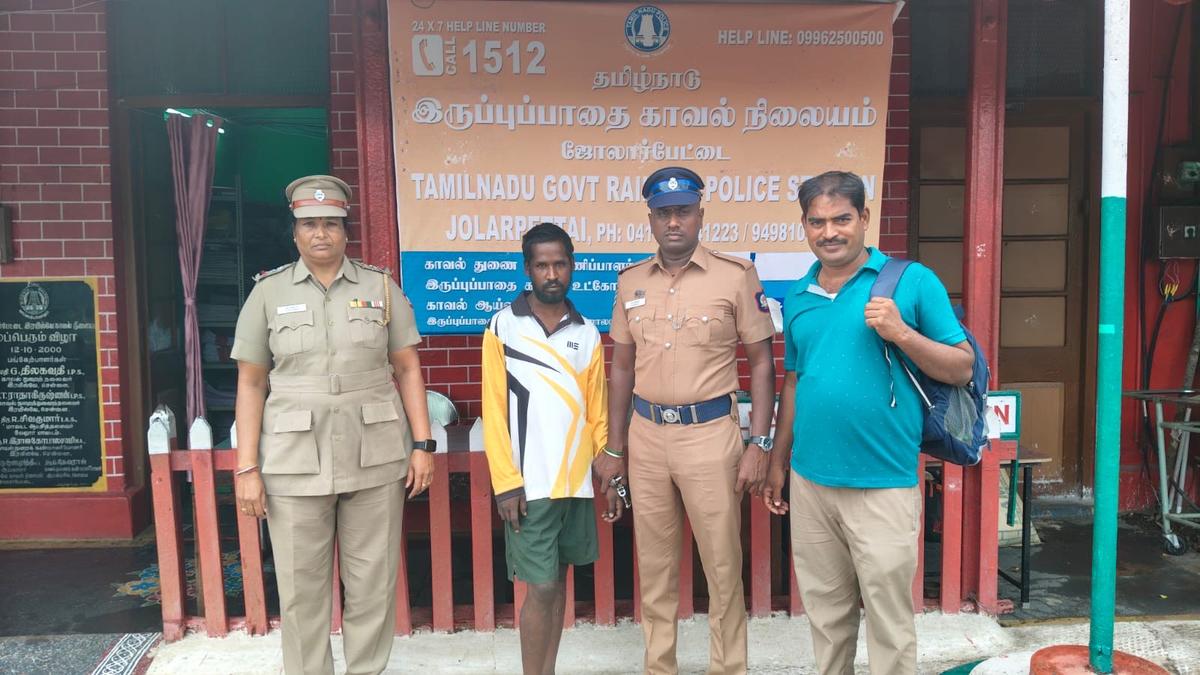Now Reading: Study Reveals Underreporting of Violence Against Women by Natal Families
-
01
Study Reveals Underreporting of Violence Against Women by Natal Families
Study Reveals Underreporting of Violence Against Women by Natal Families

Quick Summary
- Study Findings: A study by the Kolkata-based feminist organisation swayam found that natal family violence against women is underreported and largely neglected in India.
- data Collected: Swayam worked with over 50 survivors across seven districts of West Bengal, revealing:
– Verbal and emotional abuse (75%)
– Physical abuse (68%)
– Child abuse (20%)
- Perpetrators Identified: Fathers, brothers, male relatives were primary abusers; mothers and grandmothers in some cases.
- Forms of Abuse: Denial of education, mobility, healthcare, nutrition; forced decisions about life; excessive care work responsibilities; restricted clothing and movement. Violence is internalized across generations under notions like discipline or family honor.
- Researcher Remarks:
– Natal family violence starts before birth through practices like female foeticide.- Cases are treated individually rather of addressing systemic cultural factors.
– Many survivors refuse to file complaints due to fear or stigma.
- Recommendations by Swayam:
– Inclusion of natal family violence under domestic violence laws
– Strengthened legal aid mechanisms
– Ensuring access to education and property rights for women
– Training frontline workers to support survivors effectively
– Broader nationwide research for survivor-centered solutions.
Indian Opinion Analysis
This study shines light on an overlooked aspect of domestic violence-natal family violence-which spans verbal, physical, and emotional abuse within a woman’s birth household. The findings highlight systemic issues linking traditional patriarchal norms with normalized patterns of control and aggression toward women from early childhood.
The recommendations urge critical reforms focused on expanding the scope of domestic violence laws while emphasizing structural changes such as access to education and economic independence for female members. Recognition at institutional levels could foster conversations aiding victims who feel silenced by societal pressures or familial structures.Training community workers might serve as a key step in bridging awareness gaps while providing targeted support mechanisms for affected individuals.
Natal family dynamics being similarly rooted across cultures make addressing this issue potentially transformative for broader societal attitudes toward gender equality in India. Though, implementation would require tackling deep-seated biases systematically across legal frameworks and social outreach programs.
Read more at The Hindu.























